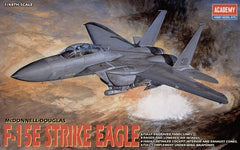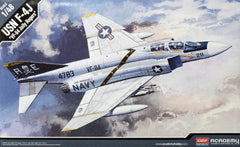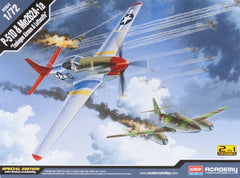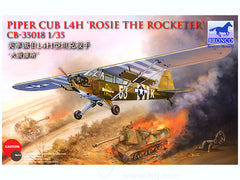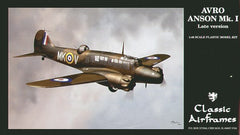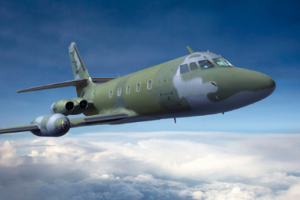
During World War II some aircraft, such as the Beechcraft Staggerwing were used by the military as fast courier planes and also as transports for important personnel - VIPs. For aircraft in this category size or passenger capacity were not the main criteria, so much as their speed and the relative comfort of their passengers.
After the beginning of the era of jet aircraft construction manufacturers began the development of planes of this type on their own initiative. One of these projects was the L-329 from Lockheed. This small plane was initially planned to be built with British Orpheus engines, however because of reticence on the part of the engine developers it was fitted with four Pratt & Whitney JT12 engines instead.
The first flight of the test machine was in 1957, however because of a number of design changes testing continued until 1960. Series production began in 1961, at which point the military became interested in the type and soon a construction contract was signed.
Originally 14 aircraft were purchased, designated the C-140A, mainly for the purpose of the transportation of military leadership. Later, the Air Force purchased 11 further aircraft, which were used for air navigation calibration. The military service of these machines lasted until the late 1970s, but then with the coming into force of the new regulations regarding aircraft noise they had to be stood down for engine upgrading. Instead of the Pratt & Whitney JT12, the Garrett AiResearch TFE731 was installed and now the plane received a new designation as the 731 JetStar, and later as the JetStar II. Its main visual difference was the large external fuel tanks extending beyond the outline of the wing.
Series production of this new version lasted from 1976 to 1979. In comparison with the previous machine the new version had much greater range, much improved takeoff speed, and the best figures for take off and landing distances. In total, from 1961 to 1979 204 aircraft of all variants were produced, for the U.S. Air Force and others. Some countries, such as Canada and Germany, procured it for their Air Forces for use by military department chiefs. Additionally, some JetStars were sold to Iran, Iraq, Kuwait, Libya, Saudi Arabia and Mexico. The most famous private owner of a JetStar was the king of rock'n'roll - Elvis Presley. Today, this aircraft has disappeared from military service, but some machines continue to be used as private business jets.

